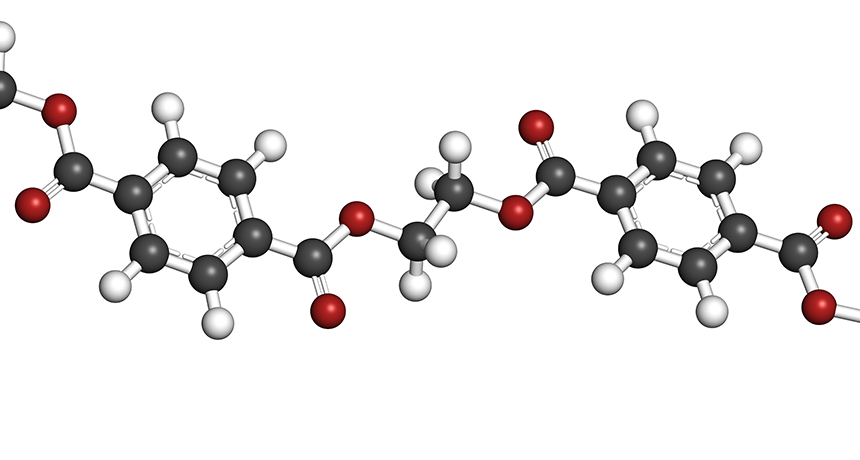Most Recent Advancements in Polymers: Cutting-Edge Technology
Discovering the Varied Applications and Advantages of Polymers in Different Industries
Polymers, with their diverse array of residential properties and functionalities, have actually come to be essential in various sectors, each reaping distinct advantages from their application. Polymers. From boosting safety and performance in the vehicle market to reinventing clinical tools in the health care market, polymers play a pivotal role. Their green nature is changing the landscape of sustainability practices. As we delve right into the depths of polymers in electronic devices, we reveal advanced advancements, while their architectural integrity transforms the world of building and construction and facilities. The pervasive influence of polymers throughout sectors is a testimony to their convenience and adaptability, shaping the future of numerous fields.
Automotive Sector Applications
Polymers play an essential duty in boosting the performance and longevity of various elements within the automotive market. These flexible materials are extensively made use of in the production of various components, varying from interior components to under-the-hood applications. One popular use of polymers in the automobile sector is in the production of lightweight components. By changing conventional steel get rid of polymer-based options, automobiles can achieve improved gas effectiveness without compromising on stamina or security.

Healthcare Market Benefits
In various healthcare applications, the benefits of using polymers are widely identified for their diverse series of useful properties. Polymers play an essential duty in the medical care market because of their flexibility, biocompatibility, and cost-effectiveness. Among the primary advantages of polymers in healthcare is their capability to be tailored to particular needs, such as adaptability, durability, and biodegradability, making them ideal for a broad range of medical applications.
Polymer-based materials are thoroughly made use of in clinical gadgets, such as catheters, implants, prosthetics, and medication delivery systems, because of their biocompatibility and capability to simulate natural cells. These products can reduce the risk of allergic reactions or rejections, improving client security and results. Furthermore, polymers are lightweight, making them appropriate for wearable clinical gadgets and guaranteeing person comfort.
Moreover, polymers allow the growth of innovative treatment methods, such as hydrogels for tissue design and nanocomposites for targeted medication distribution. Their ease of handling and sterilization makes them essential for keeping high standards of health in medical care setups. Overall, the varied advantages of polymers add substantially to advancements in medical innovation and patient treatment.
Environmental Benefits of Polymers

Furthermore, polymers can add to power financial savings as a result of their light-weight nature. In sectors such as transportation, lightweight polymer materials can help in reducing fuel intake and greenhouse gas emissions. In addition, polymers can make it possible for the development of energy-efficient products such as insulation materials that boost power conservation in buildings.
Furthermore, polymers play a vital role in decreasing water contamination. The usage of polymer-based filtering systems can successfully remove toxins and impurities from wastewater, securing water resources and ecosystems. In general, the environmental advantages of polymers make them important possessions in advertising sustainability and environmentally friendly methods throughout numerous industries.
Polymers in Electronics and Modern Technology
Taking into consideration the enhancing need for innovative and sustainable services in modern-day markets, the integration of advanced polymer innovations in the realm of electronic devices and technology has emerged as a critical method for driving effectiveness and performance. Polymers have actually reinvented the electronics market by allowing the manufacturing of lighter, more flexible, and durable digital gadgets. From smartphones to medical tools, polymers play an essential role about his in enhancing product layout and capability.
One considerable benefit of polymers in electronics is their shielding homes, which aid protect delicate electronic components from environmental aspects and electric interference. Furthermore, polymers are necessary in the advancement of adaptable displays, wearable modern technology, and published electronic devices, offering unlimited opportunities for developing wise and interconnected tools.
Additionally, the usage of polymers in digital packaging has resulted in improvements in miniaturization and thermal management, improving the general efficiency and dependability of electronic systems. As innovation continues to advance, the adaptability and flexibility of polymers will unquestionably drive additionally development in the electronic devices industry, shaping the future of modern technology.
Role of Polymers in Building and Infrastructure
The integration of advanced polymer products in building and infrastructure jobs has transformed the method frameworks are designed and integrated in modern times. Polymers use numerous benefits in the building and construction market as a result of their adaptability, toughness, and cost-effectiveness. One crucial duty of polymers in building and construction is their use in coatings and sealants, providing protection versus environmental elements such as dampness, UV radiation, and corrosion. Additionally, polymers are used in the manufacturing of light-weight and high-strength composite materials, boosting the architectural honesty of buildings while lowering overall weight.
Furthermore, polymers play an important duty More Info in lasting building techniques by enabling the development of energy-efficient structures. Insulating products made from polymers help control indoor temperatures, reducing the need for home heating and cooling down systems and ultimately decreasing power consumption - Polymers.
Verdict
In conclusion, polymers play an essential function in different markets such as automotive, health care, ecological, electronic devices, and building. Their flexible residential or commercial properties make them important in producing innovative options and products. From enhancing fuel performance in lorries to click site improving clinical tools, polymers offer many benefits. Additionally, their influence on decreasing waste and advertising sustainability highlights their value in contemporary applications. The extensive use polymers demonstrates their significant payment to progressing technology and boosting top quality of life.